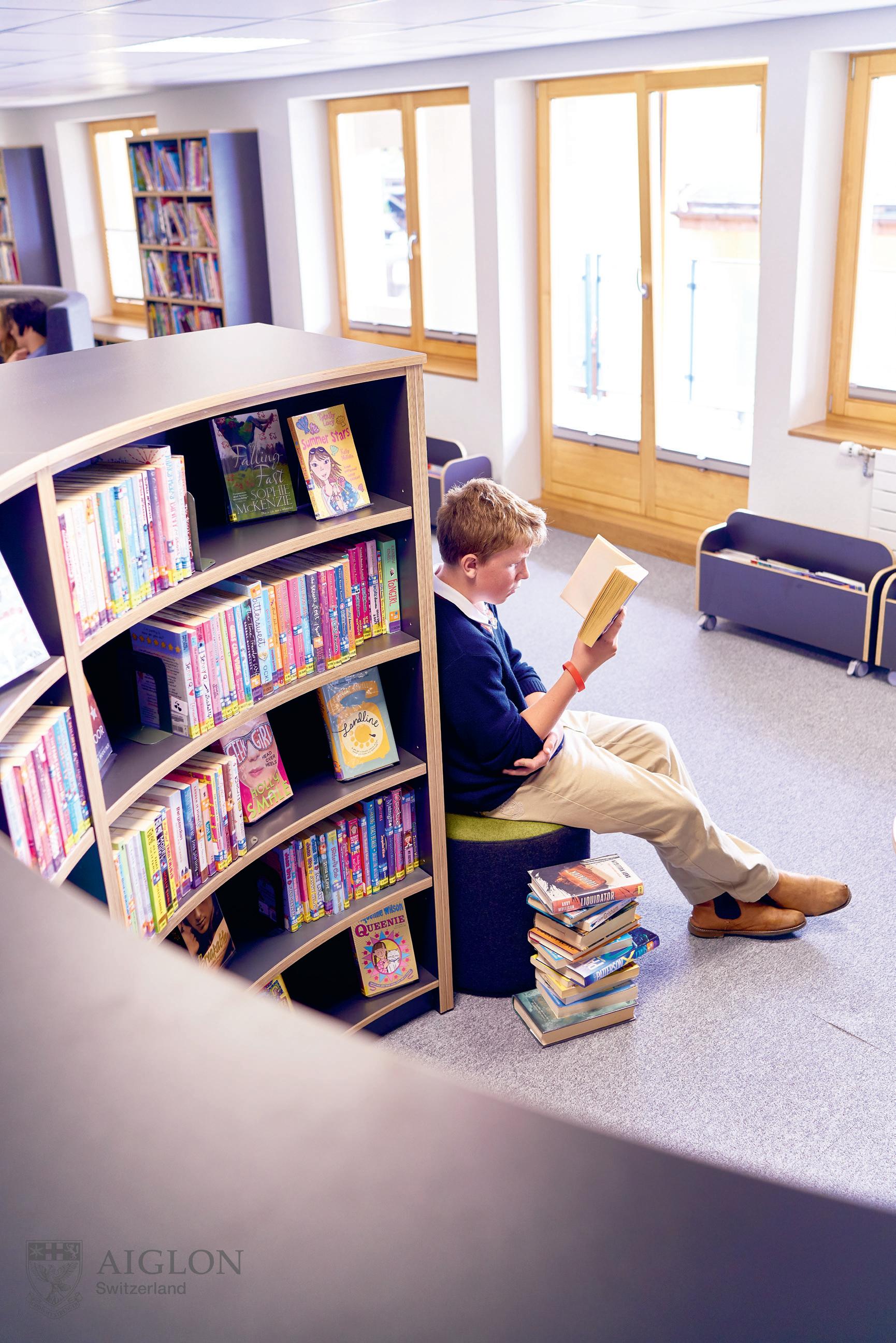
3 minute read
Part of the family
on reflection
Embracing the family
I was Zooming with a group of headteachers the other day and, of course, the impact of the Covid-19 pandemic was part of our discussion. One of them said, “I’ve stopped thinking about how we work with the unique child now”, and, of course, a lot of eyebrows were raised. But then that headteacher added, “Now we talk about how we can work with the unique family” – and, of course, much nodding ensued. That refocus – to fully embrace the family, in whatever myriad forms are included – has come about for a host of reasons. With children “learning at home” it would be perverse to ignore the home and family as an extension of the school learning environment. But what does it mean to embrace family? Some schools responded to lockdown and closure by filling vans with school desks and chairs before distributing them on loan around their community. Others saw every school laptop trolley emptied to support the leastconnected families – aware of the widening technology equity gap. With school visits, or induction programmes, suddenly being provided by “from home” virtual walkthroughs of the school premises, it was not surprising that these tours have become competitive. Schools compete to devise the most seductive tours. Parents’ evenings are scheduled on-screen, from home – and overnight that home has become a part of the school, and vice versa.
Parents are partners For home learning activities to be effective, our advice about learning – the importance of movement, of ventilation, of high-quality light, of posture and writing surfaces, of well-being – needs to be directed to our families. Let’s be honest, we haven’t done that very well in recent years. Ask three generations of family members about the letter “L” and you’ll get three very different ways to sound that consonant, from “El” to a phonic grunt. And if we have taken an unforgivable decade to properly enthuse parents about the power of phonics, then we have done an even worse job at saying to our parents: “Please, please, please turn on the excellent subtitles when watching Netflix (other streaming services are available!) because we know how that impacts hugely and helpfully on literacy.” Learning is 24/7, the home today is a key part of it. The bottom line is: when we design our learning spaces for better learning, those spaces now (and probably forever) include the homes of our young learners. Our big responsibility just got even bigger!
Professor Stephen Heppell is CEO of Heppell.net and holds the Felipe Segovia Chair of Learning Innovation at Universidad Camilo José Cela, Madrid.
We believe in keeping the client and the learner at the heart of the design process. The challenge is now even greater. We need to ensure experiences from professionals globally are shared and built upon, to create the future for contemporary education design.
Centre for Enquiry, Aiglon College Designed by Spaceoasis

Standard membership is £95.00 per year, and includes: • Planning Learning Spaces magazine, three times a year. • Log in access to the A4LE International and the A4LE
European website. • Free entrance to the annual A4LE Lecture. • Reduced attendance costs for all A4LE UK, European and International events and the programme of activities for 2021.
We have a Lead Membership Category of £190.00 per year with a range of additional benefits for members.
Details of all our events for 2021 in the UK and Europe are listed on our website: www.a4le.co.uk/membership.
Please contact Terry White for more information on membership and how schools can be part of A4LE as associate members through partnership working. Email: terry.white@a4le.co.uk.
THERE ARE RARELY GOOD OR BAD SCHOOLS, RATHER THERE ARE MORE OR LESS EFFECTIVE CLASSROOMS.
Professor Peter Barrett, Emeritus Professor, University of Salford and Honorary Research Fellow, Department of Education, Oxford University and author of the Clever Classroom Report
Gratnells Learning Rooms is drawing on expertise from around the world, gathering the best research and ideas in learning space design and sharing them at learning-rooms.com. Together we can make learning environments better. Visit learning-rooms.com to nd out more.
T: +44 (0)1279 401550 E: mail@learning-rooms.com learning-rooms.com









